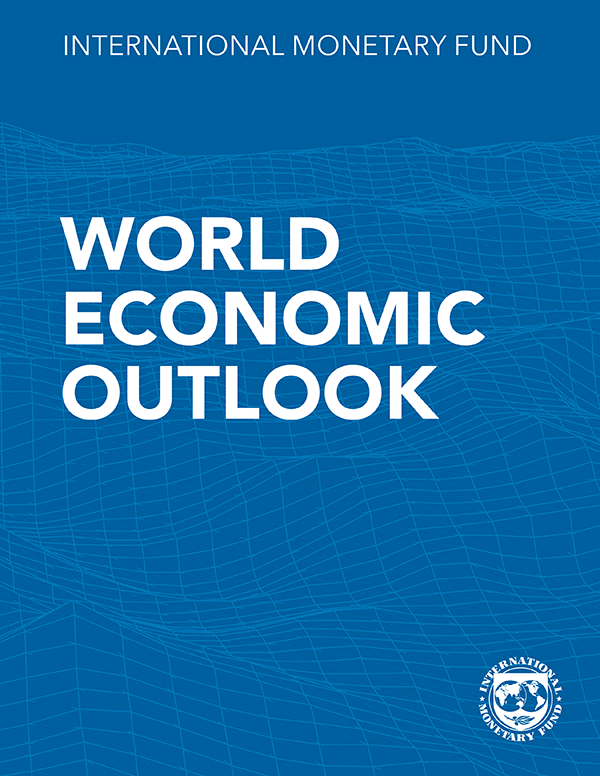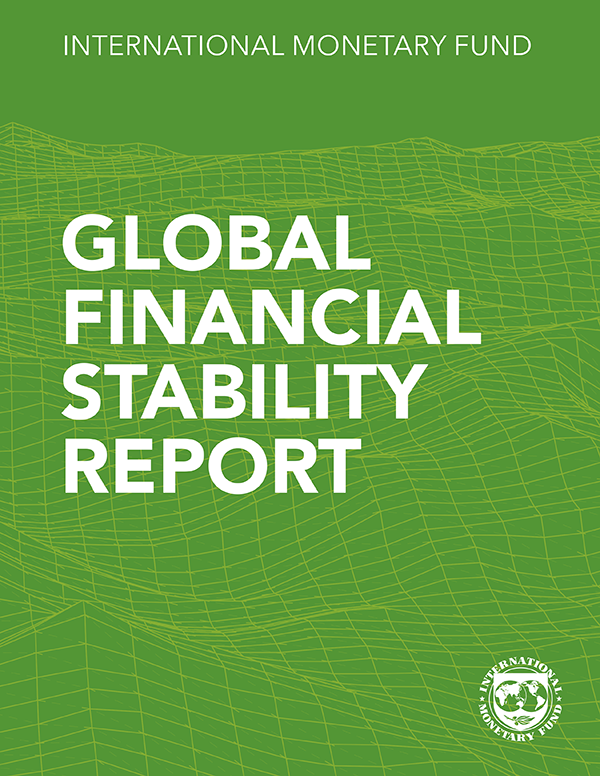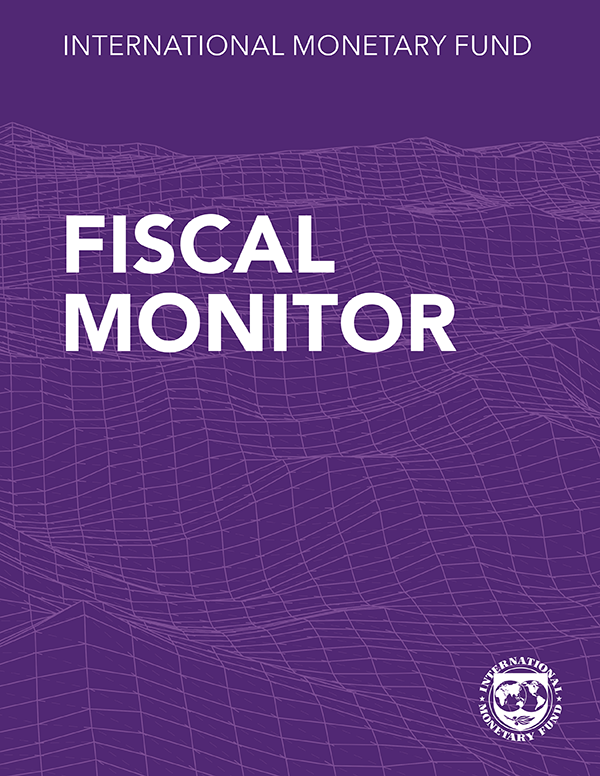Overcoming Europe’s Policy Drift: From Recognition to Action
Europe has managed major shocks, but growth is slowing, export gains are reversing due to tariffs, and bond markets reflect rising risks. Interest rate cuts and increased fiscal spending, including defense, have not spurred private demand. The productivity gap with the US remains wide, and structural reforms are lagging. National priorities and slow EU decision-making hinder deeper integration of capital, labor, and product markets. Without stronger growth and fiscal consolidation, average European debt could reach 130 percent of GDP by 2040, requiring significant fiscal adjustment. Near-term policies should maintain price stability, start fiscal consolidation, and keep trade open. Long-term growth depends on urgent structural reforms. Solutions lie firmly within Europe’s grasp. An intensive debate to dismantle market fragmentation, simplify regulation, and boost investment is underway. Appropriate bundling, sequencing, and timing of reforms can garner broad support by spreading gains across society and nimbler decision-making in the European Union would help move faster from recognition to forceful action.Note 1: How Can Europe Pay for Things That It Can't Afford?
Europe is facing daunting fiscal pressures both from new policy priorities (e.g., defense, energy security), the escalating costs of population aging (pension, healthcare), and a rising interest bill on already high debt. Without prompt policy action, public debt levels could more than double for the average European country in the next 15 years. This could drive up interest rates, slow down already sluggish economic growth, and undermine market confidence. Both structural reforms and fiscal consolidation will be necessary to deliver the difficult policy adjustment, with one third achieved through a set of moderate reforms and two thirds coming from consolidation. For high-debt countries, however, this policy package would likely be insufficient to meet the fiscal challenge, leaving no option other than a deeper rethink of the scope of public services and the social contract to fill the gap. Delaying policy action could be costly, as the fiscal position would deteriorate further, and make the task for policymakers even more challenging.
Publications

-
September 2025
Finance & Development
- Stablecoins and the Future of Finance

-
July 2025
- Global Imbalances in a Shifting World

-
Regional Economic Outlooks
- Latest Issues












